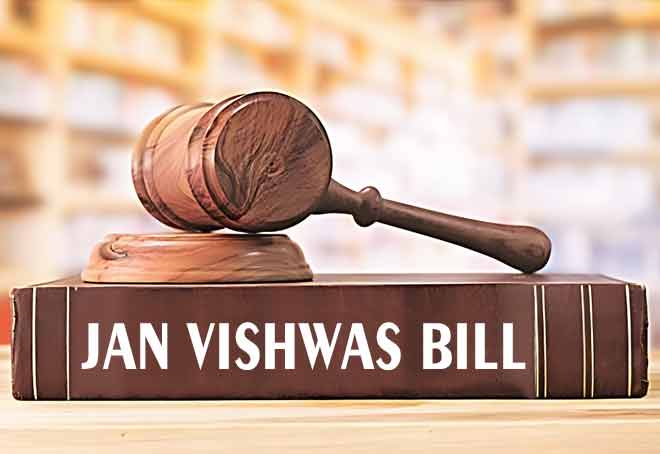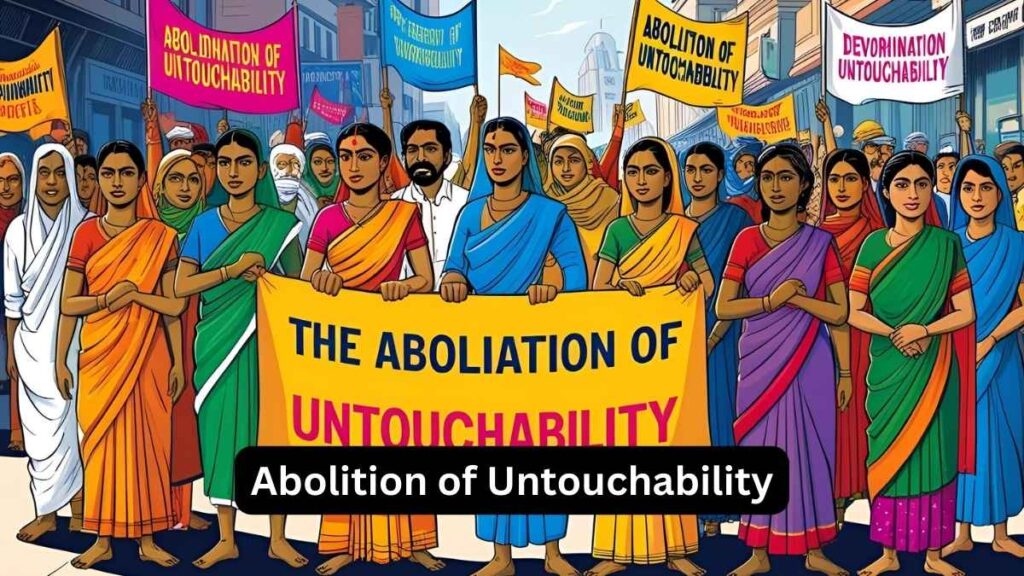Font size:
Print
Access to Information and Sustainable Development Goals (SDGs)
Context:
Access to information has been recognised as vital for sustainable development since the Rio Declaration (1992), is incorporated into SDG 16.10 (2015) to promote participatory governance, and is emphasised in the Human Rights Council’s 2020 resolution as a responsibility of public institutions.
Impact of Technology on Access to Information
- Previous initiatives utilised information and communication technologies (e.g., radios) to provide underserved communities with essential information.
- Advances in digital and internet penetration and generative AI have reduced costs of information production and dissemination.
- Resulting in information overload and manipulation, challenging the ideals of access to information.
Cognitive Overload and Bias
- The abundance of information leads to cognitive overload, where individuals selectively engage with content that aligns with pre-existing beliefs.
- Generative AI amplifies this effect, enabling the production of synthetic content and misinformation.
- This has contributed to increased societal polarisation and challenges in public discourse.
Risks of Synthetic Content and Social Media
- The combination of synthetic content and social media can sway public opinion and affect election outcomes.
- Concerns about deepfakes and malicious campaigns have emerged as significant risks.
- There is a potential for algorithms to propagate latent biases present in AI systems, further influencing societal judgments.
Cost Dynamics in Information Production
- The cost of information production has decreased due to the rise of generative AI platforms and big tech data infrastructures.
- This change increases the likelihood of data being used for algorithmic enhancement, leading to more significant bias propagation.
- Persistence of data across various contexts raises concerns about the integrity of information.
The Paradox of Access to Information
- The SDGs promote access to information for public engagement, yet the combination of generative AI and social media results in information overload.
- This overload threatens the social fabric and challenges the foundational concepts of truth and information reliability.
Strategies for Mitigating Risks
- Coalition for Content Provenance and Authenticity (C2PA) aims to establish standards to certify media content’s sources and authenticity.
- Regulatory frameworks (e.g., in India and the European Union) require labelling of AI-generated content to enhance user awareness.
- The need for media and information literacy initiatives is critical but must evolve alongside AI technologies to combat sophisticated misinformation.
Conclusion:
- Balancing the benefits of access to information with the risks posed by AI and social media is essential for sustaining democratic discourse and social cohesion.
- Ongoing efforts in regulation and technological standards are crucial to managing the potential harms of synthetic content and misinformation.



[…] United Nations Development Programme (UNDP) is set to collaborate with India’s NITI Aayog on initiatives aimed at promoting […]